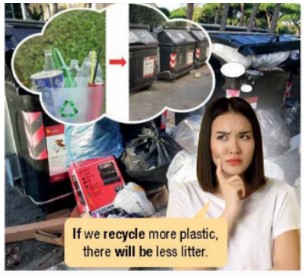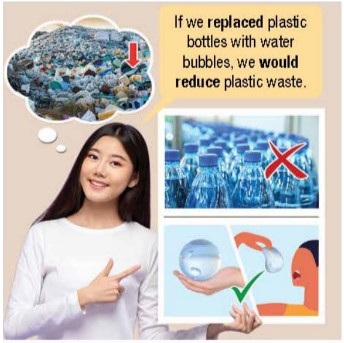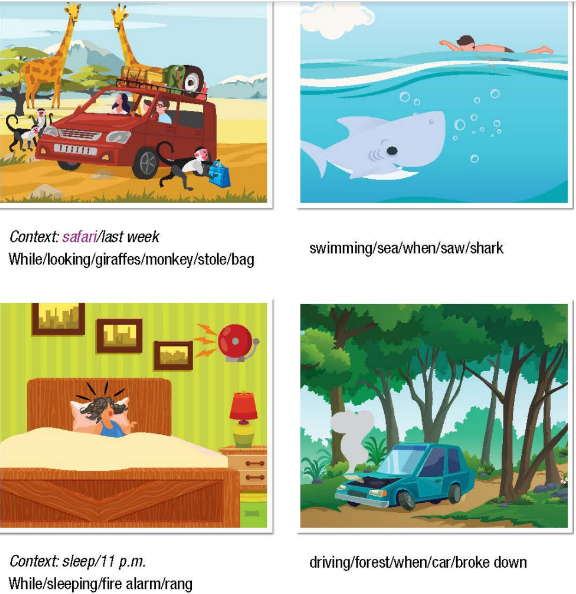Hãy nhập câu hỏi của bạn vào đây, nếu là tài khoản VIP, bạn sẽ được ưu tiên trả lời.

(1) We went on a safari last week. While we were looking at the giraffes, a monkey stole our bag.
(Chúng tôi đã đi săn tuần trước. Trong khi chúng tôi đang xem xét những con hươu cao cổ, một con khỉ đã lấy trộm túi của chúng tôi.)
(2) I was swimming in the sea when I saw a shark.
(Tôi đang bơi trên biển thì nhìn thấy một con cá mập.)
(3) I went to sleep at 11 p.m. While I was sleeping, the fire alarm rang.
(Tôi đi ngủ lúc 11 giờ tối. Trong khi tôi đang ngủ, chuông báo cháy vang lên.)
(4) We were driving in a forest when our car broke down.
(Chúng tôi đang lái xe trong một khu rừng thì xe của chúng tôi bị hỏng.)

We have to work hard if we wants to get good marks in the final exam. We had to work hard if we wanted to get good marks in the final exam. We have to work hard if we want to get good marks in the final exam. We has to work hard if we want to get good marks in the final exam

Đáp án: If we had recycling machines at home, we would reduce waste.
=> Sai vì không sử dụng dạng phát âm yếu của từ "would".






- What will happen if we turn off the lights?
(Điều gì sẽ xảy ra nếu chúng ta tắt đèn?)
- If we turn off the lights, we will reduce electricity.
(Nếu chúng ta tắt đèn, chúng ta sẽ giảm điện.)